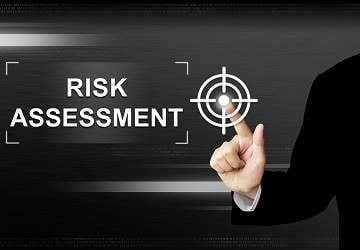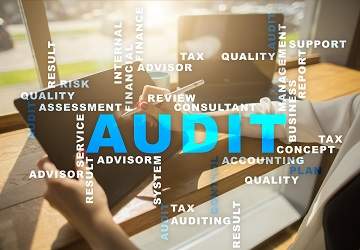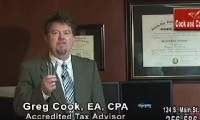If so, consider calling Cook & Company for help.
Left unchecked, insurance audits are a wonderful opportunity for the insurance company to dip deep into your bank account in three ways.
1) It is not the insurance auditor's role to serve as your advocate. No such relationship exists! Insurance auditors sometimes are helpful, even accommodating, but they do not work for you.
Typically an insurance company contracts with another firm to conduct audits of customers and hopefully collect more money or minimize refunds, also known as return premiums. Sometimes the insurance audit firm is owned by the same insurance company but uses a different name. This creates a perception of independence that simply does not apply.


Do not confuse or associate the term "auditors" as one in same between insurance auditors and Certified Public Accountants. There is no correlation between the two.
Frequently, though not always, many insurance auditors lack the adequate training and professional competence. In any case, they as well as anyone can make a variety of human errors or not bring a matter to your attention that can cost you.

Use your financial leverage while you have it available to procure these documents.
2) Insurance auditors may not tell you that you have made an error in classification of wages, overtime computations, revenue assessment, or math computation if it results in an additional premium due the insurance company.
Start in January by requiring any person, partnership, corporation or other entity that you might pay for services, such as independent contractors or subcontractors, provide your business with evidence of workman's compensation insurance coverage or an exemption certificate as applicable. This rule does not apply to payments made to attorneys, physicians, accounting firms, architects, engineers or other professional service firms.
At the end of the day the business owner and insurance auditor have different objectives.
3) You are unprepared and the insurance auditor appears to conduct the audit.
Appointments are normally made far in advance or notices mailed on a post card that is easily lost. Call the insurance auditor and request an extension if necessary. If the auditor appears and you are not ready " do not begin " ask for a continuance and set another time. If the audit is somewhat complex, try to establish a new time in 3 to 4 weeks. Take the time you need to get it right.
By no means are we saying that insurance auditors are not good people. In fact, we have worked with many fine people, and even have friends, that work in that field.
The business owner seeks to limit, within laws and regulations, the amount paid out in insurance costs. The insurance auditor is assigned audits and is concerned with finishing his or her workload.
The most important step with a successful audit of insurances is to be proactive and prepare in advance for the audit.
All documentation including insurance certificates of contractors and subcontractors, 1099's, backup or estimates of exempt payments, wage reports, computation of overtime premiums, wage classifications, general ledger revenues and expenses should be in hand and evaluated before the auditor shows up.


